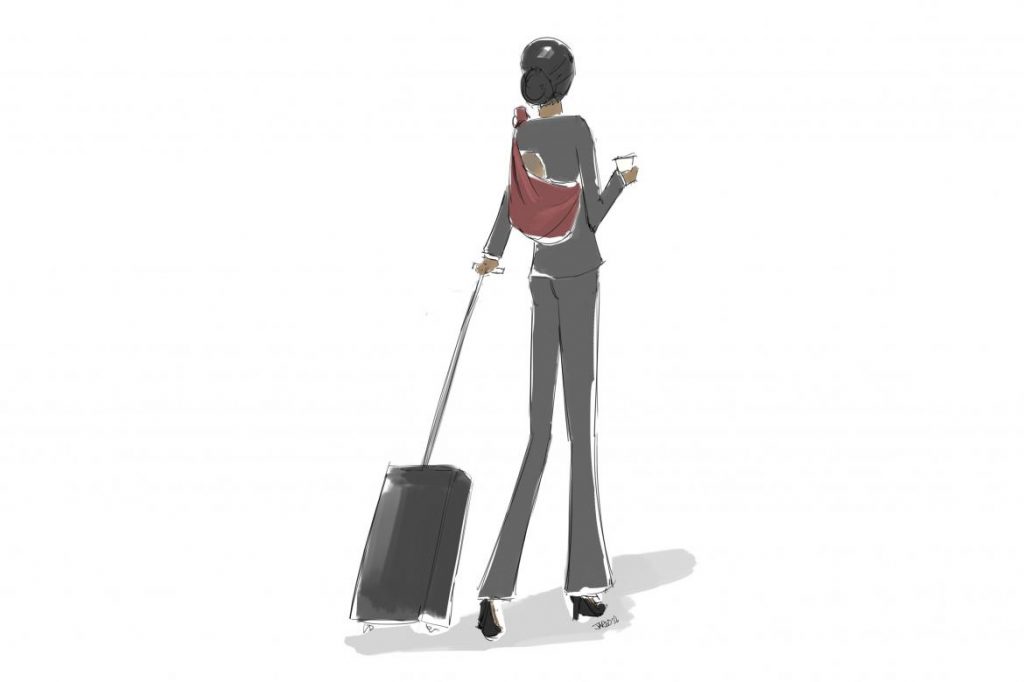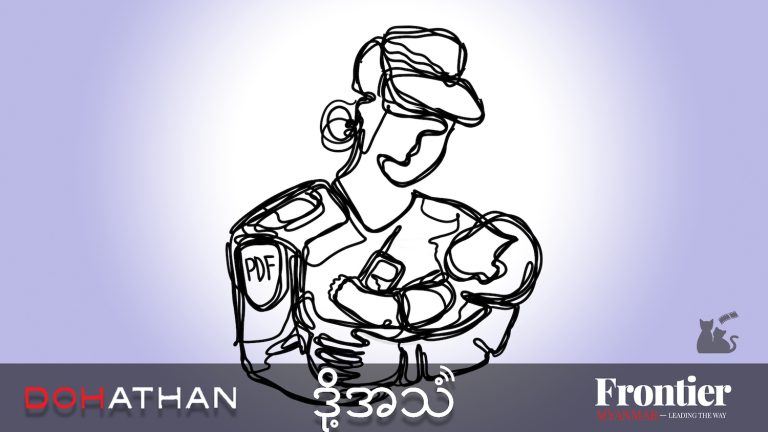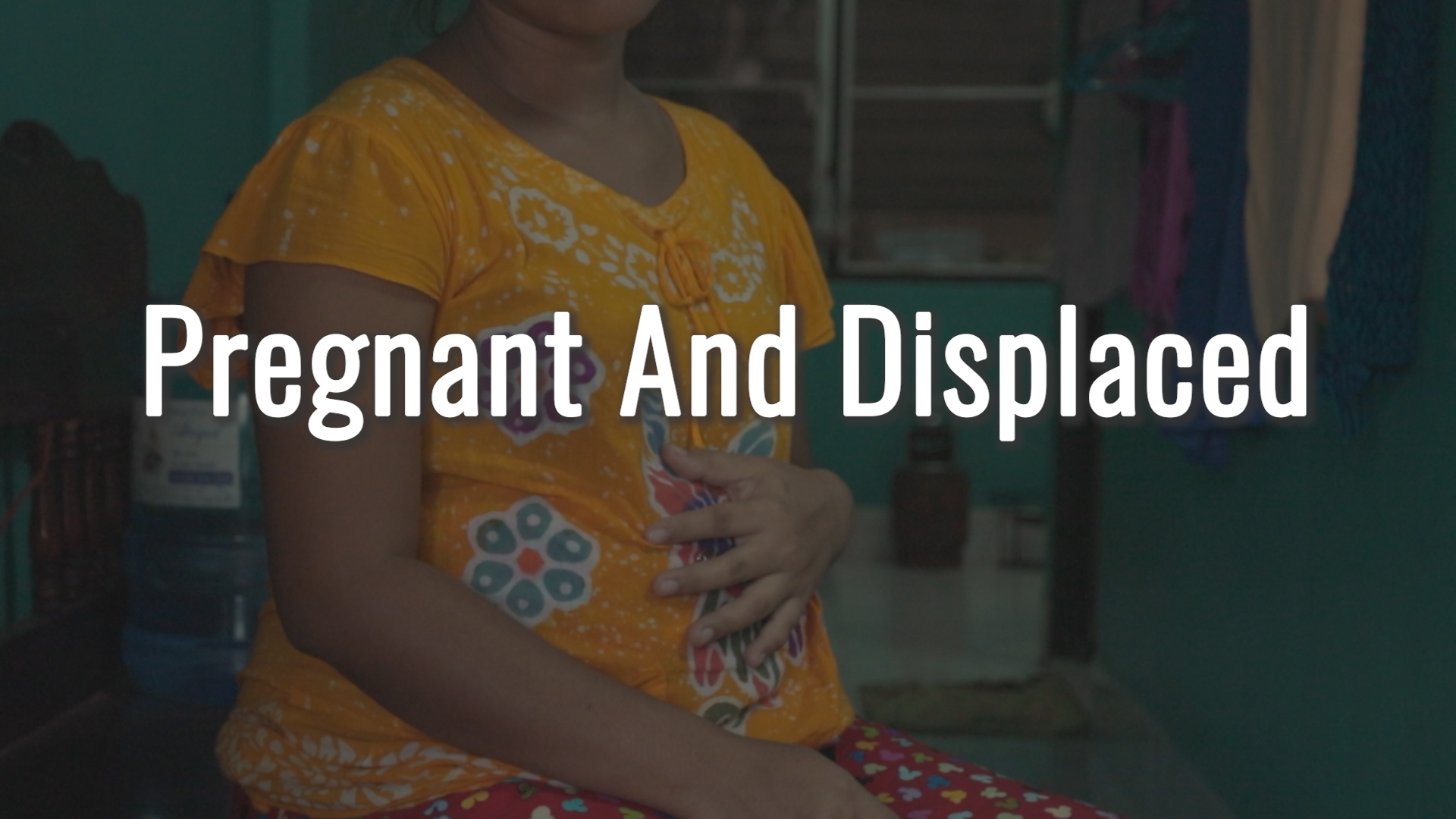Until Myanmar as a society makes the collective decision that women should have the right to stay in work, there is little prospect for real change.
HUMAN RESOURCES shortages. Lack of capacity. Brain drain. For anyone who’s been following Myanmar for the past few years, these will be familiar terms. Myanmar’s crumbling education sector and sluggish economy under military rule meant that for decades the best and brightest looked abroad for work.
Now the jobs have arrived, but in many cases employers can’t find workers with the required education or experience. It’s a constant lament and one that’s holding back the economy.
Less is said, though, about the skilled and experienced workers that Myanmar already has, but is not utilising or empowering to reach their full potential. In this week’s issue, we examine the difficult choice that many mothers are forced to make after giving birth: when to go back to work, or even whether to go back at all.
Cultural pressures, outdated laws and policies, a lack of childcare support – there’s a range of factors that conspire to drive women out of the workforce. The simple fact is that as a country and a society, Myanmar is not doing enough to keep its talented women in jobs.
But this is not just a macro issue; it’s about each woman’s entitlement, her right, to decide for herself the life that she leads.
Support more independent journalism like this. Sign up to be a Frontier member.
Unfortunately, the new government has done very little to suggest it will be an advocate for the rights of women (or any group marginalised at the expense of middle-aged Bamar men, for that matter). But the right to choose one’s destiny is something that the country’s most famous woman would understand well.
Before she was a democracy icon and politician – let alone State Counsellor or de-facto head of state – Daw Aung San Suu Kyi was a mother and wife. Thrust into the national spotlight in 1988, she had to decide whether to pursue a career in politics, knowing it could potentially be at the cost of her family life. The cruel policies of the military junta meant that she couldn’t have both. Her choice has elicited a mixture of admiration and sympathy ever since.
Most women do not have to make decisions with such momentous ramifications for their country. In fact, most women do not really have any decision to make at all. Once they give birth, their career ends; there is little real alternative. Only if they are particularly wealthy or poor – the former making childcare possible, the latter making work a necessity rather than an option – does this equation change.
So, what can be done? A great deal, actually.
Employers could start by committing to match the six months’ paid maternity leave offered to civil servants. This would entail some additional costs, and could perhaps be phased in over time.
The law could be amended to increase flexibility. Presently, of the 14 weeks of paid maternity leave granted to mothers, six must be taken before the due date. There is no provision for less to be taken before the birth, and more after.
Similarly, there is no option to take a longer period of leave at lower pay – for example, 28 weeks at half pay – which could be cost-neutral for employers. Other countries also allow mothers to take extended leave periods, even of several years, without pay, but with the guarantee of their old position or an equivalent being available when they choose to return.
Men – be they fathers, employers or policy makers – also need to work harder to give women more options. The lack of serious paternity leave entitlements does little to challenge the culture that it is the responsibility of women to care for the family.
Another need is to professionalise childcare. Women interviewed by Frontier said they felt unable to return to work because there was nobody they could trust to look after their child. This is a function of a lack of affordable childcare options that are properly regulated by the government.
Finally, a cultural shift is needed. Until Myanmar as a society makes the collective decision that women should have the right to stay in work, and that everyone has a responsibility to ensure that right is extended, there is little prospect for real change.
This editorial originally appeared in the September 15 edition of Frontier.







